“The priority is given to preserving the foundation of the family; and women should create a comprehensive planning to become successful in both areas: social and home duties. They should enjoy their lawful rights and social facilities,” Alia noted.
She said the Iranian educated women are committed to the Islamic principles and Islam presents a practical approach for women and clarify their responsibilities toward family, children, husband and even parents, she said.
Islam also defines all women’s rights in the society, she added.
It is necessary that a woman be socially active, the lawmaker said, adding, “However, we believe that the first priority of a woman is her responsibility toward her family.”
The female legislator said “security and inner comfort (of a society) is created in a healthy and calm family in which everybody is aware of his/her duties.”
Alia referred to the launch of a website (www.womendemands.com) on the order of President Mahmoud Ahmadinejad detailing women’s demands from the West. She said the website basically calls for clarifying the real and basic needs of women in order to neutralize the soft war and cultural invasion by the West.
“The soft war is aimed at women but we try not to allow the enemies to take advantage from the inner beauty and tenderness of women for the sake of political and economic gains,” she explained.
The website is aimed to prevent the international community to take an “exploitative” view toward Iranian women and it also helps the talents and capabilities of Iranian women to be flourished, Alia, a former deputy director for women affairs at the IRIB, noted.
On the education and unemployment of women in Iran, Alia said there are many educated women in the country who have no state job and not even employed by the private sector but they have an active presence in the society.
Female publishers, writers and translators are an example of educated women not being registered as employees, Alia, a potential candidate for the post of education minister in the Ahmadinejad administration, noted.
In fact women in Iran are assuming more social roles as their level of education improves, she pointed out.
She went on say according to the latest statistics, among a total of 29 million Iranian females over the age of 10, 83.8 percent are employed and 16.2 percent are unemployed.
The statistics also demonstrate that about 25.83% of economically inactive women are students, 63.08% are housewives and 4.38% have an income from other sources, the lawmaker added.
The remaining 6.7% are aged, sick and disabled, she explained.
Regarding the convention on preventing discrimination against women, the MP from Tehran said the 7th Majlis (the previous parliament) passed some laws regarding women’s universal rights and responsibilities which are more comprehensive than the UN convention.
Alia also lamented a lack of harmony between university education and job opportunities for women, saying many women with higher education have little chance to find a job.
This problem was started before the victory of the Islamic Revolution in Iran (1979) and it needs a ‘remedy’, she concluded.
SK/NM
END
MNA


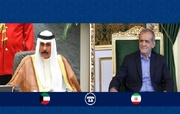


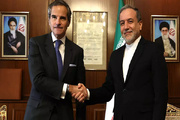
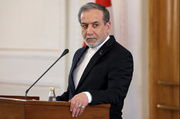


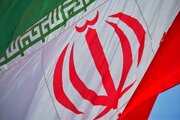


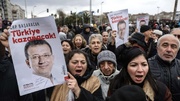
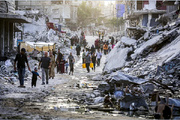

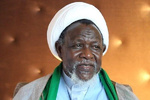



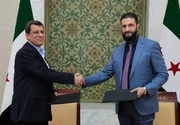

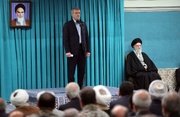

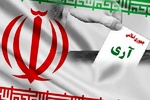
Your Comment